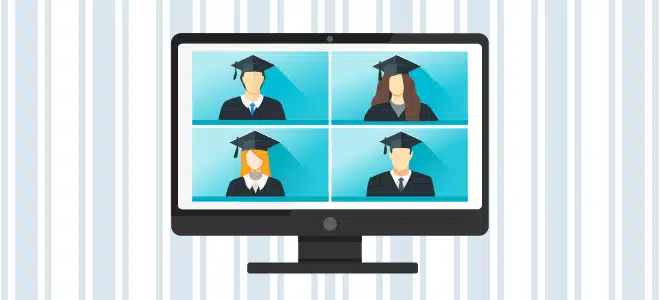Listen to this blog
Education is necessary for all of us. Everyone, if given the chance, would want to be educated and secure a stable life for themselves in the 21st century. We can work towards creating an equal society through quality education. Education should be free because everyone, irrespective of their financial background, would be able to improve themselves and collectively work towards bettering society. It helps us learn discipline, persistence, and tolerance, and makes navigating life in our complex world easier.
Literacy rate of Women and Men in India
According to the National Family Health Survey – 5 (2019-2021) report, 83% of women and 89% of men in urban areas are literate, and 65.9% of women and 81.5% of men in rural areas are literate, bringing the total to 71.5% of literate women and 84.4% of literate men. The low rate of literacy among women can be attributed to many social, economic, and cultural factors. In fact, only 41% of women in India have 10 or more years of schooling, compared to the 50.2% of men.
Importance of female education
The benefits of female education are felt not only by the recipient but also by the public – a more productive workforce, lower infant mortality, and more. However, the cost of education, including tuition fees, school supplies, and the loss of income from child labour, is borne by the family. Due to the aforementioned private costs that must be incurred, several families choose to disinvest in female education, which not only robs girls of their freedom and quality of life, but also hinders and slows down the rate of growth and development of the country.
The same survey also reports that only 13.6% (18.1% urban and 12% rural) children aged five attended primary school in 2019-2020, an alarmingly low number that has only increased due to the COVID-19 pandemic. In India, due to financial difficulties, several children do not attend school. They are instead required to work in restaurants, dhabas, tea stalls, sell wares on the roadside, or perform menial labour to support their families. In fact, there are thousands of children who matriculate but are unable to pursue higher education due to financial constraints. I believe that the government should intervene and provide subsidised or free education to financially burdened but academically capable students.
How does better literacy rate aids in a nation’s development?
Countries that have a high percentage of degree holders seem to be able to develop faster and resolve their issues peaceably. The benefits of education are endless. It aids personal development, which in turn contributes towards the growth of the country and drives positive change. Online education is making it easier for people to pursue their higher education by removing some of the obstacles, like travelling to a different city to attend a reputable university, having to dedicate oneself completely to education and being unable to work to support oneself or their family, expensive tuition fees, purchasing study material, and more. Online education makes pursuing a degree accessible and its reach is not limited by the bounds of a city. A learner with the dream of securing their future by earning a degree can enrol in the programme wherever they are – be it a city, village, or town in any corner of the world.
In the words of Union Education Minister Dharmendra Pradhan, “Literacy is the key to lifelong education and a powerful tool against poverty.” Quality education should be free or available at subsidised rates to all. This practice will help countries prosper, develop, and evolve with a well-educated workforce.
Prepare for your next career milestone with us











